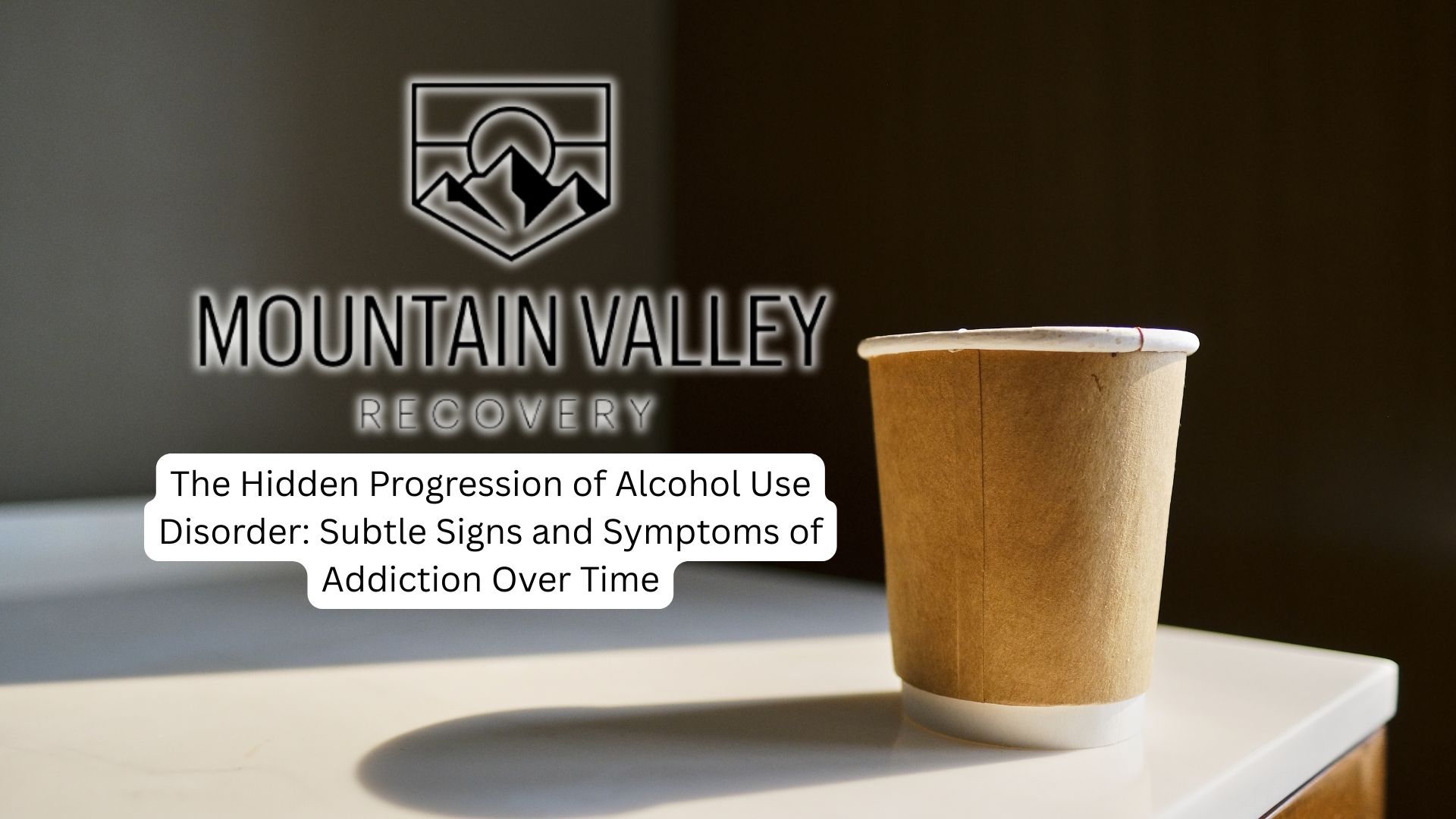For many people battling addiction, the idea of self-care can feel unfamiliar or even self-indulgent. Prolonged substance misuse frequently results in disregarding personal well-being and losing touch with one’s own needs. Nevertheless, cultivating the habit of prioritizing self-care is not only advantageous—it’s crucial for long-term recovery and avoiding relapse.
In this piece, we’ll explain the critical function that self-care serves in overcoming addiction, investigating how it promotes stress management, emotional regulation, and overall life fulfillment.
Improved Health
Regular check-ups and medical care ensure that any health issues neglected during active addiction are addressed, supporting comprehensive recovery and long-term wellness.
A healthy diet provides the nutrients your body needs to heal and restore energy levels, boosting your immune system and reducing the risk of illness. Exercise is another crucial aspect of self-care, with just 30-60 minutes of activity four times a week helping to manage stress, decrease anxiety, and improve your emotional wellbeing.
Quality sleep is also essential for recovery, as it promotes better mood regulation and cognitive function, making it easier to handle cravings and stress. Engaging in mindfulness and relaxation techniques can lower cortisol levels, further enhancing your physical health and reducing the chances of relapse.
Reach out to us at Mountain Valley Recovery and discover how our men’s rehab program in Utah can help you build a strong foundation for lasting recovery through the power of self-care.
Social Aspect of Self-Care
Building a strong support network is crucial, as it fosters a sense of belonging and reduces feelings of isolation.
Engaging in group activities, such as support meetings or community service, reinforces your commitment to addiction recovery and allows you to share experiences and coping strategies with others who understand your journey.
Nurturing healthy relationships during recovery not only aids in emotional stability but also encourages accountability and motivation. Positive friendships can reinforce your sobriety commitments, as having friends who prioritize sobriety significantly enhances your chances of maintaining recovery.

Mental Health and Emotional Self-Care
Many individuals struggling with substance use disorders also face co-occurring mental health disorders, making emotional self-care crucial for overall wellness.
Engaging in cognitive behavioral therapy can help you develop healthier thought patterns and coping mechanisms, reducing the risk of relapse. Additionally, practicing mindfulness techniques can significantly reduce stress and anxiety levels, which are common triggers for substance use.
To further support your emotional resilience, make time for regular self-reflection through journaling. This practice allows you to process emotions and identify triggers, fostering a deeper understanding of your personal growth and recovery progress.
It’s also essential to establish and maintain healthy boundaries with family and friends to protect your mental health.
Reconnecting with Spirituality
By nurturing your spiritual needs, you’ll find a renewed sense of purpose and meaning, which is essential for maintaining long-term sobriety.
Engaging in daily spiritual practices like meditation, prayer, or mindfulness can significantly reduce stress and anxiety levels, bolstering your mental well-being and emotional resilience against triggers that may lead to relapse.
Participating in spiritual activities also fosters a sense of community and belonging, as you’ll likely find support through group spiritual practices or recovery-focused organizations.
Consider starting a gratitude journaling practice, which has been linked to improved mental health outcomes, helping you cultivate a positive mindset and cope more effectively with the challenges of recovery.
Preventing Relapse
Engaging in activities like exercise, mindfulness, and maintaining a balanced diet can significantly reduce the likelihood of relapse by boosting your energy levels and improving your overall mood.
Building a strong support network is another crucial aspect of self-care that can help prevent relapse. Surrounding yourself with supportive individuals and attending community groups or therapy sessions can provide the accountability and emotional support you need to navigate the challenges of recovery.
By focusing on healthy habits and self-care techniques, you’ll reinforce your sense of stability and control, empowering you to maintain your commitment to sobriety and emotional well-being.
Final Thoughts from Mountain Valley Recovery
At Mountain Valley Recovery’s Men’s Rehab Ranch, we recognize the distinct difficulties men encounter on their path to recovery and the significance of a comprehensive approach that incorporates extensive self-care practices.
Our programs are crafted to equip you with the tools, support, and environment necessary to develop a sustainable self-care routine that will benefit you long after you depart our facility. From our tranquil ranch setting to our personalized treatment plans, we provide a sanctuary where you can concentrate on healing and rebuilding your life.





